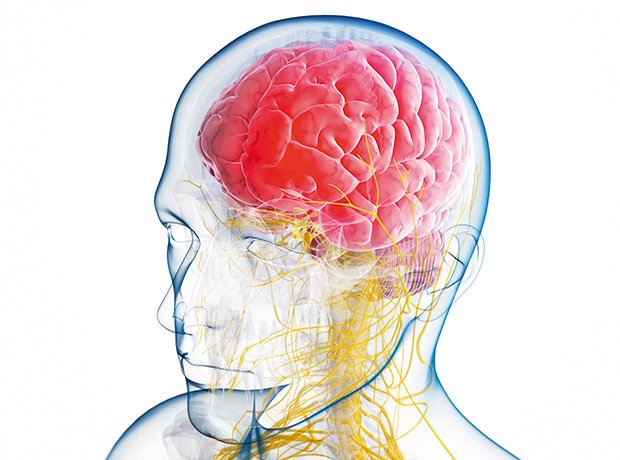ADDF reflects on Eli Lilly’s donanemab

Company’s phase 3 research showed the importance of running biomarker-powered clinical trials
The Alzheimer’s Drug Discovery Foundation (ADDF) is optimistic about the positive data reported by Eli Lilly and Company regarding its anti-amyloid therapy, donanemab.
The significant details were shared during the recent Alzheimer’s Association International Conference (AAIC) in Amsterdam. The data demonstrated further proof that anti-amyloid therapies are just the first class of condition-altering therapies – further substantiating the organisation’s belief that Alzheimer’s disease (AD) requires a combination therapy approach.
As a result of a robust pipeline involving multiple anti-amyloid therapies emerging, the next generation of clinical trials are primed to commence. During these studies, amyloid-targeting therapies will be combined with other novel treatments in order to deliver clinical benefits for patients living with AD.
Due to the complex biology of ageing, there are several pathways involved in the onset of AD, including the build-up of misfolded proteins, inflammation, vascular dysfunction, and metabolic disturbances.
Meanwhile, the phase 3 TRAILBLAZER-ALZ 2 research showed the importance of running biomarker-powered clinical trials. Eli Lilly’s trial design incorporated two biomarkers, including the Amyvid PET scan (developed with early seed funding from the ADDF) and the TAUVID PET scan. These stages measured the target engagement of the drug among the participating individuals.
Howard Fillit, co-founder and chief science officer at the ADDF, reflected: “The results are promising, with donanemab slowing cognitive decline by 35% in patients with early-stage Alzheimer’s disease, making it all the more apparent that anti-amyloid therapies will serve as the first line of defence in the arsenal of drugs needed to treat this disease.
“But this is just a start, and we must continue advancing the drug pipeline to develop the next class of drugs centred around the biology of ageing to ultimately stop Alzheimer’s in its tracks. Like in cancer, the goal is to address the many underlying pathologies of the disease through a precision medicine approach.”
Fillit concluded: “This marks an important step in our journey to develop new and effective Alzheimer’s therapies, but our job is not done yet. The results of the TRAILBLAZER-ALZ 2 trial accelerate recent momentum, bringing us one step closer to making Alzheimer’s a treatable and, eventually, a preventable disease.”
Source link
#ADDF #reflects #Eli #Lillys #donanemab